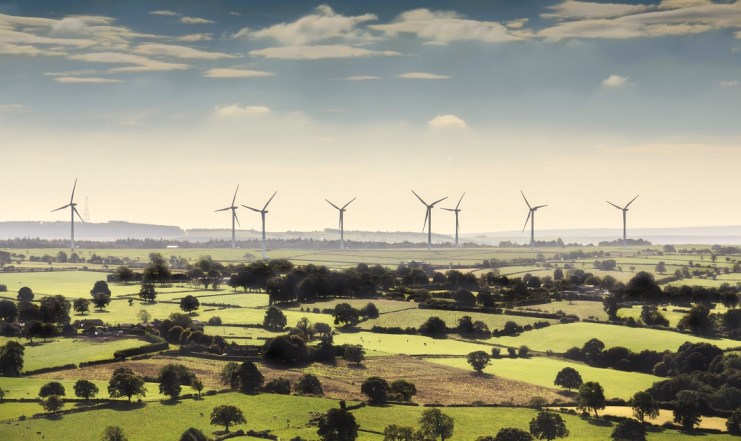National Grid’s electricity system operator to allow energy firms to connect new projects

Developers of new renewable energy projects could be empowered to build their own connections to the grid, as part of a series of reforms unveiled today by National Grid’s electricity system operator (ESO).
To help frustrated firms beat the extensive queues for connections, ESO has set out its support for developers to connect project themselves, launching a final consultation on the proposal.
This will centre around the code modifications required to enable this, with ESO confirming it is working with Ofgem to see how to rapidly implement the proposal.
The eye-catching reform follows sustained criticism in the energy industry over National Grid’s monopoly status with both Octopus Energy and Kona Energy calling for third parties to be allowed to build new connections on the grid to speed up the delivery process for projects.
Currently, there are approximately 220 projects due to connect to the national transmission system before 2026, totalling circa 40GW – posing a huge challenge for National Grid.
This equates to more than double peak demand in the summer months for all of the UK.
However only half of these have got planning consent at this stage and some have moved their connection dates back by over 14 years.
ESO’s announcement is one of many in a raft of reforms proposed by the operator to reform the connection process – which build on the five-point plan it unveiled earlier this year.
It has now revealed that if energy generators are not progressing their project and reaching development milestones, they will have to either move backwards in the queue or leave, making space for other projects ready to progress and connect.
Milestones that projects will have to meet include raising finances for the project, buying land, getting planning permission, and breaking ground.
To check whether these milestones are met or not, ESO will be supported by an engineering consultancy – while a legal firm has been retained to ensure any contractual changes are rapidly executed.
ESO has also started writing to parties seeking to connect to the transmission system to ask for updates on progress and project milestones, so that non-viable projects can be highlighted.
Energy generators which are not progressing and will not meet their connection date will either be able to choose to move backwards or leave the queue, to ensure projects that want to connect are delivering on their milestones – in line with earlier National Grid proposals.
It calculates that these reforms will mean that projects will be able to connect up to 10 years earlier.
Meanwhile, projects with timelines hampered by network build delays outside the control of the developers will not be negatively impacted by these changes.
Industry welcomes grid reforms
The announcement follows the decision by the Code Panel – the body in charge of changes to the Codes that govern the energy industry – to recommend to Ofgem changes in how connection contracts are managed.
Roisin Quinn, director of customer connections at National Grid, said: “These are positive new steps which bolster recent measures introduced by ESO, transmission owners and DNOs to help customers and speed up connections. It shows how joined up we are working across the sector in delivering much needed reform to meet Britain’s bold climate goals.
“We also support giving projects more choice in the delivery of infrastructure relating to their connection, and will work with industry to ensure any changes represent value to the consumer and recognise the need to closely coordinate network planning and investment for net zero.”
Octopus also greeted the news that developers could make their own grid connections positively, but warned more details needed to be seen before the proposals could be judged.
Zoisa North-Bond, chief executive of Octopus Energy Generation, commented:, said: It’s great that National Grid ESO is also finally opening up competition in this space. While it’s a positive step in the right direction, the devil is in the detail. We’re past the point of polite processes.
“What we need is fresh thinking beyond the concept of ‘a queue’, like concrete dates to implement steps, a firmer stance on prioritising renewables over fossil fuels, and better use of data to show where projects can connect quicker. This will end the gridlock, unlock Britain’s colossal renewables potential and bring down bills for good.”
James Basden, co-founder and director of renewable experts Zenobē was impressed with the wider offering of reforms and how it could benefit battery storage.
He said: “By prioritising projects that are progressing steadily and ready to connect to the grid quickly, we will be able to deliver environmental and cost benefits to society now and take bigger strides towards the decarbonisation of our energy network by 2035. Battery storage is one of the key technologies that is being held back by the current delays, and so we’re particularly pleased to see the policy update for improved storage connection.
“Battery storage is essential to supporting the uptake of renewables and with the right policies in place, will cut energy bills. The UK has ambitious net zero targets that will not be achieved if new connections to the grid continue to be delayed and battery storage projects that are ready to be delivered are not prioritised.”